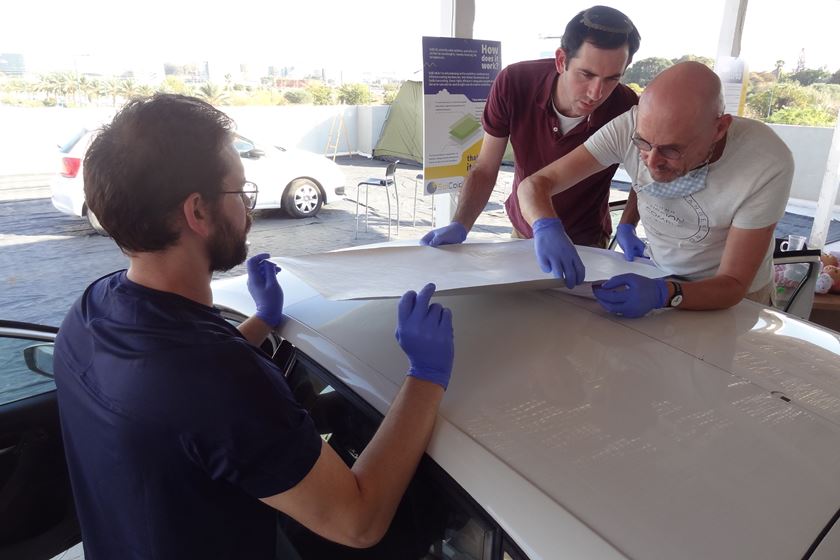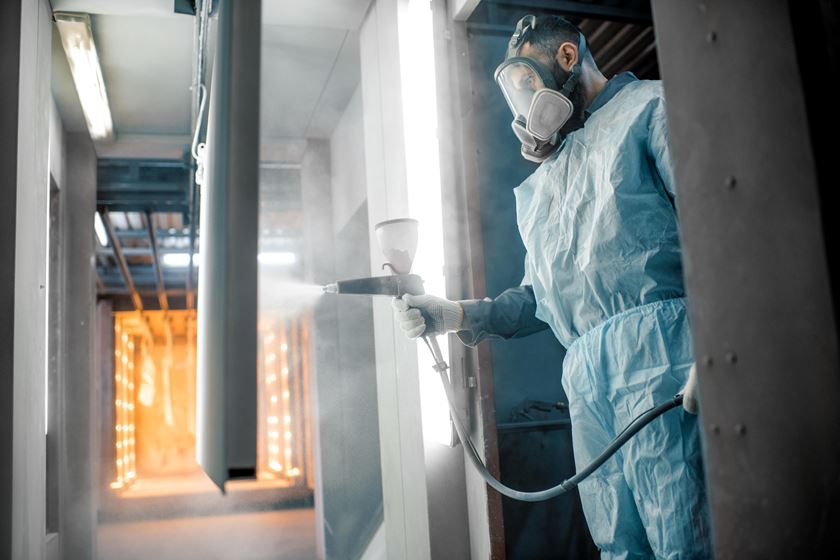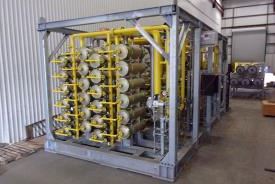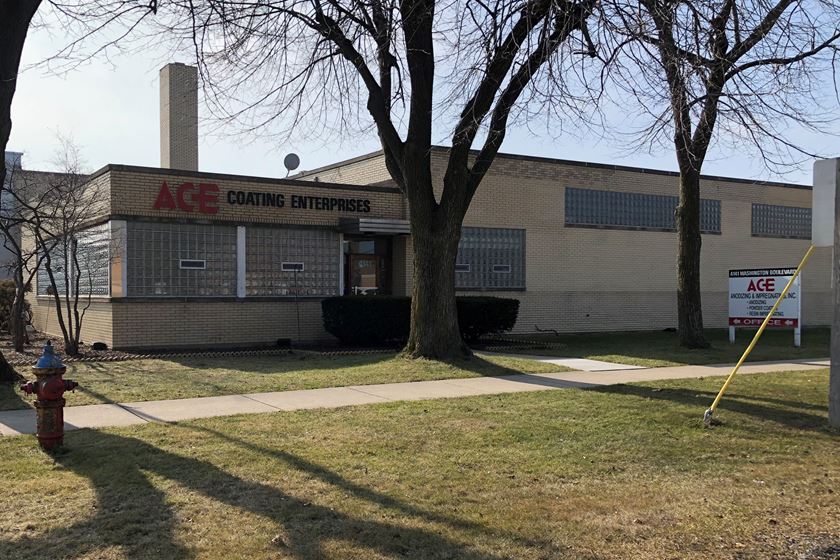L.A. Law
Criminal action against California platers shows the heat is on.
It began with a community meeting, where residents in the Boyle Heights area of Los Angeles—a mostly Mexican-American working-class area of 100,000, east of downtown—were asked by local government agencies a simple question: What do you fear the most in your neighborhoods?
Their answer was the local metal finishing industry, despite the Los Angeles Times reporting that a wave of violence in Boyle Heights over the past year had most of the residents feeling scared. One resident was quoted as saying, “The people are concerned. They don’t feel safe.”
Yet, in December, Los Angeles City Attorney Mike Feuer held a press conference to announce he was charging five metal finishing shops with crimes related to environmental issues found during inspections by the Environmental Justice Compliance and Enforcement Initiative, a new program in Los Angeles to investigate polluters in what Feuer calls “underserved communities.”
“Families in every Los Angeles neighborhood deserve to be protected from dangerous toxins that threaten their health and safety,” Feuer says.
First, let’s make it crystal clear that Feuer is a politician with a Facebook page and a Twitter account. His job is to get votes for re-election. Not that he is a bad guy, but it’s obvious what he is doing when he holds a press conference about misdemeanor charges against the local electroplaters in a town where people are getting shot.
Second, we don’t condone any violation of health and safety laws, even if its mislabeling chemicals, which is what someone did in this case. But we aren’t aware of any instances in the five places where a major incident happened that would sound the alarms. People are scared of chemicals based on what they read and hear.
What happened in L.A. to these five shops should send shivers down the spine of everyone in the electroplating industry. There were no red flags that these shops were doing anything wrong, only a knock at the door and as many as 12 local and state agents—some with firearms—waltzing in to spend most of the day searching through every facet of a plating shops’ operation, looking for a needle in a haystack.
“You bring in a dozen guys and let them go through any shop all day long and I’m sure they will find something they can write you up about,” says Bryan Leiker, who is past president of the Metal Finishing Association Of Southern California (MFASC) and now its event and membership director.
“It was really an over-the-top exercise by these agencies,”
Leiker says. “They targeted these businesses. They put on
a show.”
The shop owners face six months in jail and a $1,000 fine on the charges. When they showed up to court in January for their arraignment with the lawyers they had to hire, they sat almost all day waiting for their cases to be called,
only to be told those cases would be continued to another day.
The issues most of those shops are heading to court over are the same we have heard about numerous times: storing toxic chemicals after the allowed dates, not labeling products correctly, residue of floor spills and so on. If these accusations are true, they are guilty of being sloppy and ignorant of some fairly simple requirements in the finishing industry—but a crime?
There is no question that the regulators in California have turned up the heat on the finishing industry of late, which always happens when a more notorious case is brought. Anytime you get one bad apple in the industry, it seems the attention of the regulators becomes more heightened. That was the case last November when a Contra Costa County judge ordered the arrest of Marion Patigler, former owner of Electro-Forming in Richmond, near San Francisco, who in 2014 pled guilty to nine misdemeanor and four felony counts of unlawful storage and disposal of hazardous waste, unpermitted operation of a hazardous waste storage and treatment facility, and several others.
She was supposed to clean up her mess, but didn’t. When the courts came after her, that is when the finishing industry made headlines when the judge on the case lost patience. Whereas 99 percent of the platers in the U.S. follow the rules, it seems the entire industry takes a step back when that one lone bad apple can’t seem to follow the regulations.
Leiker says only three of the five shops charged in L.A. were MFASC members, but he reached out to all of them to help them find attorneys and get things in their shop aligned.
“If something like this happens to one shop, it happens to all of us,” he says. “They may not be members, but we want to call and see how we can help get this resolved.”
About 20 percent of the L.A. area plating shops are MFASC members, despite the fact that the local chapter is one of the most active in holding training and informational sessions on compliance issues for its members.
If I owned a shop in L.A., I would have MFASC on speed dial. Yesterday, it was Boyle Heights, tomorrow it could be your area.
Originally published in the March 2016 issue.
RELATED CONTENT
-
Wireless Carrier Fleet Provides Modular Overhead Conveyance
Wireless, modular conveyor system provides flexibility and scalability for carrying parts through finishing processes.
-
Salt Spray Vs. Cyclic Corrosion Tests
Joseph Subda, ecoat specialist for Axalta Coating Systems, explains the difference between these two corrosion resistance tests.
-
Coatings Drive Electric Vehicles Further
Electric vehicle batteries depend on coatings to maintain optimal temperatures, reduce the risk of fire damage and electrical interference, and more.















